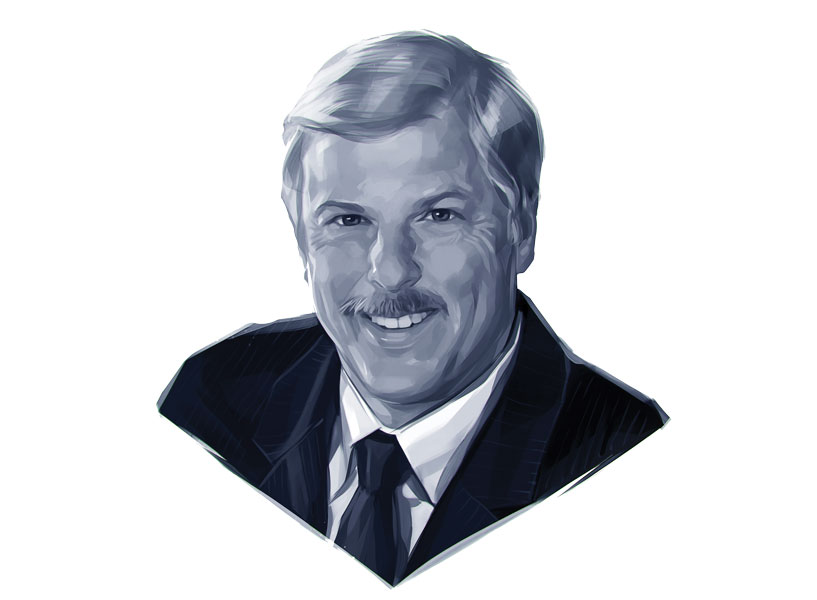
1 What was your first convention?
It was in 1988 in Philadelphia. I took my mom, daughter and wife, so it was a family trip as well as an excuse to go to the Rotary Convention. I went to a couple of sessions, and then we enjoyed Philadelphia. It was a great trip, but it’s not a memorable convention to me because I really didn’t partake in it.
But when I was incoming governor a few years later, I went to the convention in Portland, Oregon. It was amazing. I heard speakers like Robert Fulghum, who is famous for writing the book All I Really Need to Know I Learned in Kindergarten. He was fantastic. I end most of my speeches with a quote I got from him. That convention broadened my understanding of what I was getting into.
2 Why should clubs send their incoming presidents to a convention?
Back in 1983, the members of my club, the Rotary Club of Sebastopol, California, decided we were going to send our president-elect to the convention every year, no matter what it cost. The first year we sent Dave Madsen. He brought back a fundraising idea that totally changed what we did in our club. He’d gotten it from another club when he was there. It made a ton of money through the years. We enjoyed the fruits of sending that person long after the cost was satisfied — that’s one benefit of sending a president-elect to a convention.
We still send our president-elect every year, no matter where. They come back so impressed, so moved, so changed by the convention’s magic. They’re so engaged with Rotary and so passionate that they’re going to spend the next year changing the world through us and our club. Why is that? They see the world in a microcosm. They meet people. They bring back ideas, they make connections. Our club has become an excellent club through the years — and I think a significant part of that is because the incoming leadership gets that baptism of a convention.
Before and after a convention is also a great time, as a Rotarian, to travel. Every hotel, every restaurant is loaded with other Rotarians. They’re all wearing pins, so you can strike up amazing conversations — and ultimately friendships.
3 How does your club manage the cost of sending someone each year?
We just budget it out of members’ dues. We don’t do fundraisers or anything like that. Some years it’s going to be in Atlanta, and it’s relatively cheap for us to fly there. Some years it’s going to be in Bangkok, and we’re going to spend a lot of money. So over a 10-year-period it averages out. It’s a fairly high amount, but there’s no question we have gotten a lot of value out of it.
4 What can Rotarians expect this year in Hamburg?
The convention’s theme — Capture the Moment — speaks to an urgency. Clubs are trying to adapt so that they can continue to thrive. We have a new strategic plan. We are ending polio. So carpe diem — let’s seize where we are today and make it better. That extends to capturing the moment of this convention and meeting people and having this magical experience.
At the Hamburg convention, we are basing the general session speakers on Rotary’s core values: leadership, integrity, service, diversity and fellowship. We selected breakout sessions related to these core value issues too. These are the building blocks that are constant, however you work to update and improve your club.
© The Rotarian





